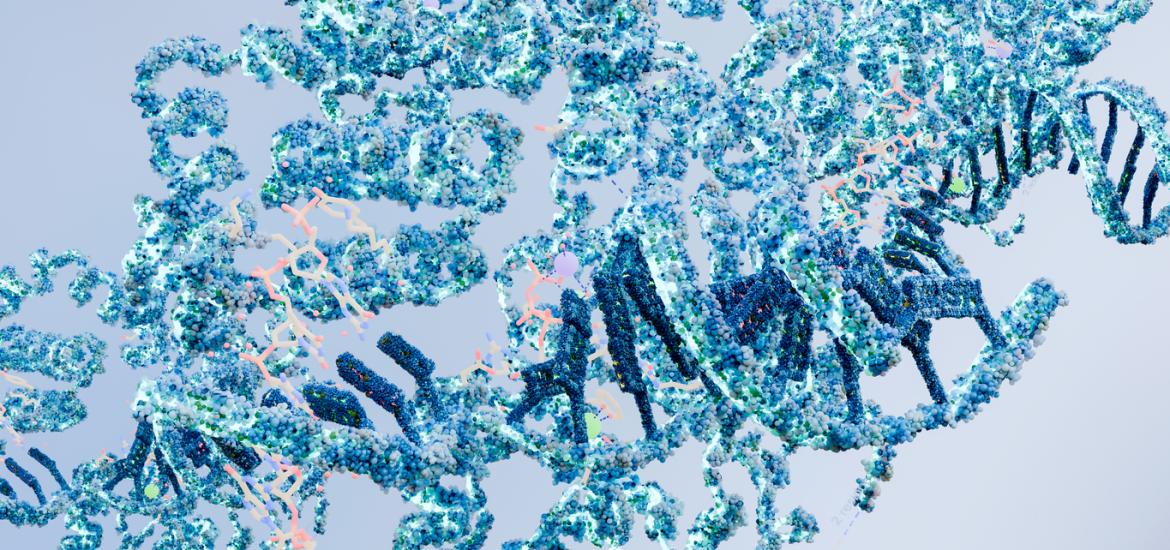
Another false dawn for p53
Boehringer discontinues brigimadlin while others continue to struggle.
Boehringer discontinues brigimadlin while others continue to struggle.

Barely a year after talking up the MDM2 inhibitor brigimadlin as its most advanced oncology project, Boehringer Ingelheim has discontinued it. The move was hinted at when brigimadlin didn't appear in the R&D pipeline in Boehringer's annual report published this month, and was confirmed by a spokesperson on Friday.
It raises further doubts about biopharma's ability to target p53, a tumour-suppressor protein whose inactivation is believed to drive numerous cancers, but which has proved notoriously undruggable. MDM2 inhibition is one way to restore p53 activity, but the failure of brigimadlin will be of concern to Kartos Therapeutics and Ascentage Pharma, which are still developing similar molecules.
Boehringer had long believed in the promise of inhibiting MDM2, a negative regulator protein that promotes p53 degradation. Reduce the activity of MDM2, the thinking went, and p53 can function as normal, maintaining DNA stability and preventing the formation of tumours.
Not so bright
But this didn't play out for brigimadlin, which failed the phase 2/3 Brightline-1 study in first-line liposarcoma last year. Here brigimadlin numerically beat doxorubicin on response rate, but the primary endpoint of PFS yielded a statistically non-significant hazard ratio of 0.79 (p=0.0956).
Subsequently the Brightline-3 trial, which planned to combine brigimadlin with Boehringer's anti-PD-1 MAb ezabenlimab, was withdrawn from clinicaltrials.gov. And now "Boehringer Ingelheim decided to terminate the development of brigimadlin in all indications", the company told ApexOnco on Friday.
This discontinuation follows those of several other MDM2 inhibitors, from companies including Roche, Novartis and Sanofi. The most exposed biotech still in play is Kartos with navtemadlin, while Ascentage Pharma has alrizomadlin in early trials, and Lamassu Bio's SA53-OS is just starting its first-in-human study.
Navetmadlin's development is focused on myelofibrosis, where the phase 3 Poiesis study, combining the molecule with Jakafi in patients with a suboptimal response to Jakafi, started last year and has a primary completion date of December 2026. However, a separate phase 3 trial, Boreas, in JAK inhibitor-relapsed/refractory patients, yielded disappointing data.
Selected projects targeting p53-driven cancers
Note: *degrader. Source: OncologyPipeline.
MDM2 inhibitors have been studied in cancers with wild-type p53, but there are also efforts to target mutated p53, something thought to be highly prevalent in cancer. Targeting tumours driven by mutant p53 is the domain of so-called p53 "reactivators", which aim to restore p53 wild-type activity.
However, biotech has struggled here, too. Most prominent has been the disappointment of PMV Pharma's rezatapopt, a molecule that binds to p53 carrying the Y220C hotspot mutation. In 2023 data from rezatapopt's Pynnacle trial in Y220C-mutated cancers prompted a massive share selloff, and PMV stock hasn't recovered since.
Still, rezatapopt remains in development, and Pynnacle's pivotal stage is to deliver interim data in mid-2025. Earlier, Aprea discontinued eprenetapopt, though recent entrants into first-in-human studies include Jacobio with JAB-30355 and GeneScience with GenSci128.
237













